Life navigation skills for teens
Preparing Teens for Real-World Success
Professional Presentation
Financial Literacy
Strategic Problem-Solving
Holistic Well-Being
Goal-Setting Mastery
Beyond Emotional Mastery: Practical Competencies for Life
The Step-upp programme transcends emotional regulation by incorporating its exclusive Life Navigation Skills Module, designed to equip teens with the practical knowledge and abilities essential for thriving in the real world. While Dialectical Behaviour Therapy (DBT) provides a strong emotional foundation, this module bridges the gap between inner resilience and external success.
Through five meticulously crafted skill areas—Professional Presentation (CV/Resume Building), Financial Literacy, Strategic Problem-Solving, Holistic Well-Being, and Goal-Setting Mastery—teens develop the tools to navigate the challenges of adolescence and adulthood confidently.
Below, each skill is explored in detail, demonstrating how Step-upp prepares teens for matric, higher education, the workforce, and beyond.
the 5 skill areas in the life navigation module
Professional Presentation: Crafting a Compelling CV/Resume
A polished CV or resume is a critical first step toward securing employment, internships, or volunteer opportunities. This skill area empowers teens to professionally present their experiences and talents, fostering confidence and readiness for future prospects.
Key Components:
- Identifying Strengths: Teens learn to pinpoint and articulate their skills—such as teamwork from school projects, communication from debates, or responsibility from part-time roles—and translate them into professional attributes.
- Building the Document: Participants master the structure of a CV/resume, including sections for personal information, education, experience, skills, and references, emphasising clarity and relevance.
- Practical Customisation: Teens practice tailoring their CVs for specific opportunities, such as part-time jobs at local favourites like Nando’s or volunteer positions with community organisations.
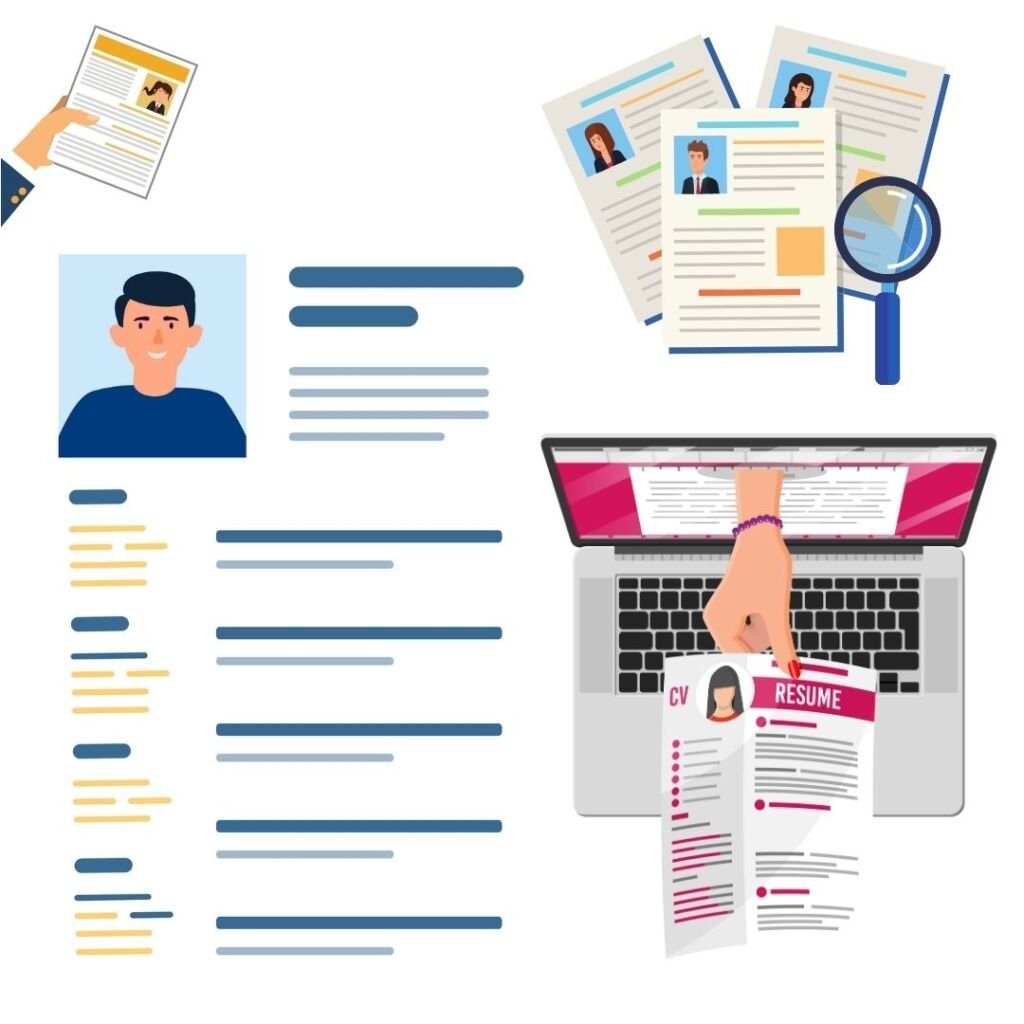
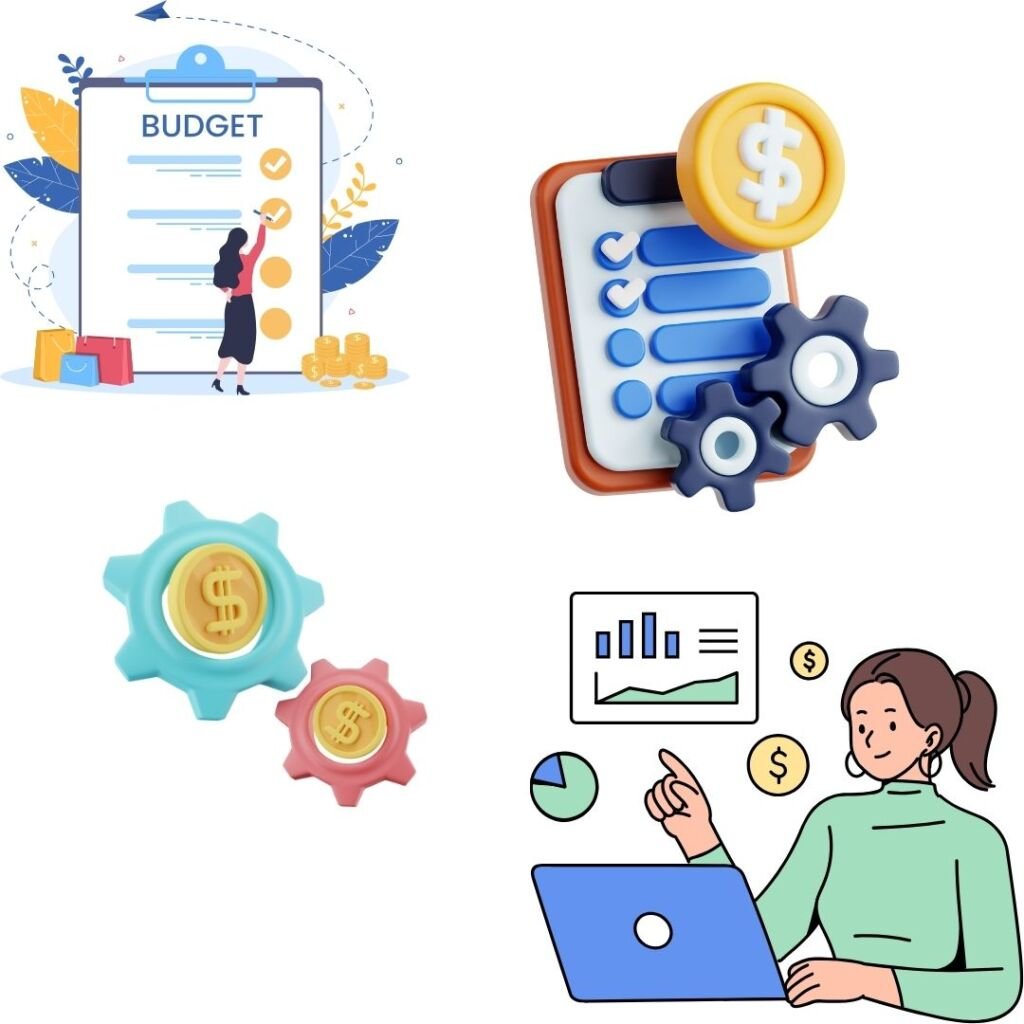
Financial Literacy: Managing Money Wisely
Understanding how to manage finances is foundational to adult independence. This skill area equips teens with the knowledge to budget, save, and prioritise spending, ensuring their rands stretch further.
Key Components:
- Budgeting Skills: Teens learn to create a budget, allocating funds for essentials like transport or school supplies while reserving amounts for personal enjoyment, such as a movie night.
- Needs vs Wants: Through guided discussions, participants distinguish between necessities (e.g., data for school research) and desires (e.g., a Spur burger), fostering thoughtful decision-making.
- Saving for Goals: Teens explore strategies to save for milestones, such as a matric dance outfit or a future purchase, and build long-term financial discipline.
Strategic Problem-Solving: Mastering the IDEAL Method
Life’s challenges require structured solutions. The IDEAL method—Identify, Define, Explore, Act, Look back—provides teens with a professional framework to address problems efficiently and effectively.
Key Components:
- Identify: Recognise the issue’s root (e.g., a group project delay).
- Define: Clearly state the problem (e.g., “Tasks aren’t assigned fairly”).
- Explore: Brainstorm potential solutions (e.g., redistribute work or set deadlines).
- Act: Implement the chosen solution with confidence.
- Look Back: Reflect on the results to refine future approaches.
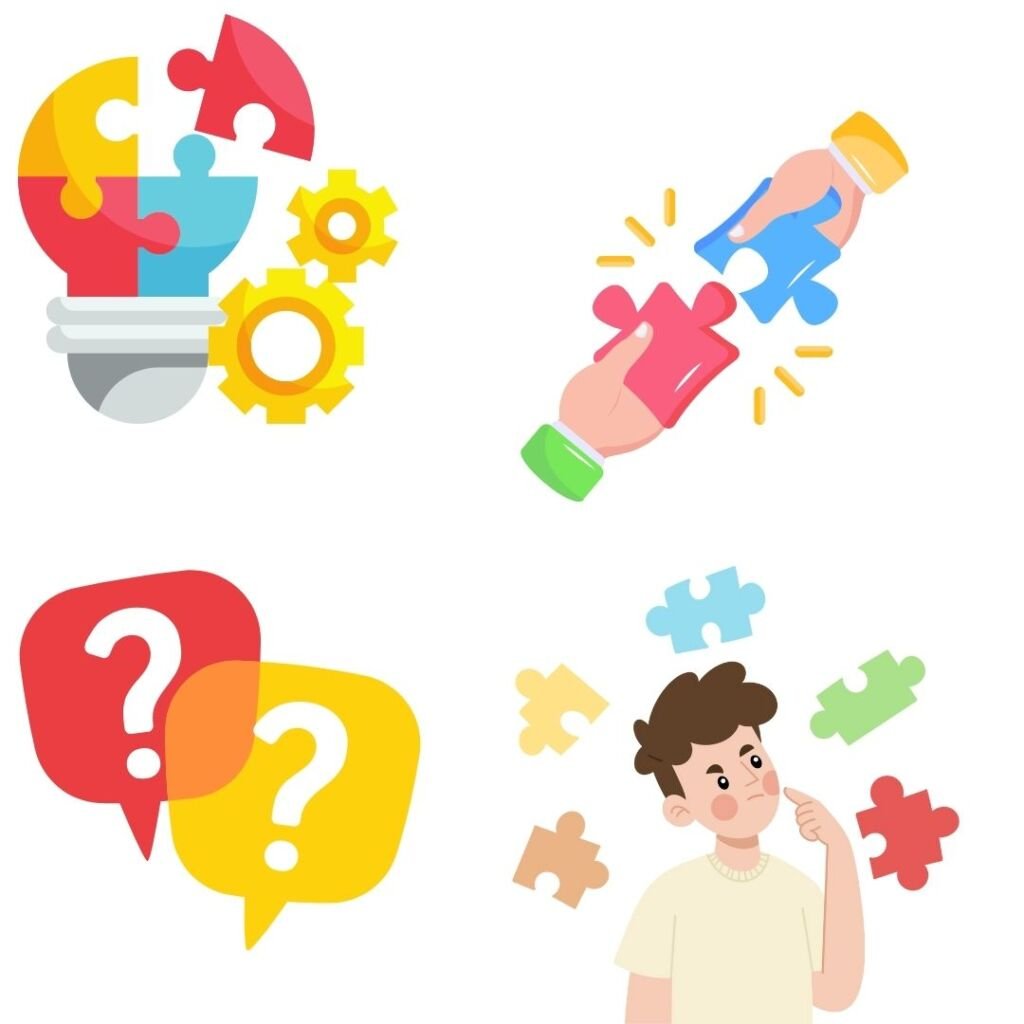
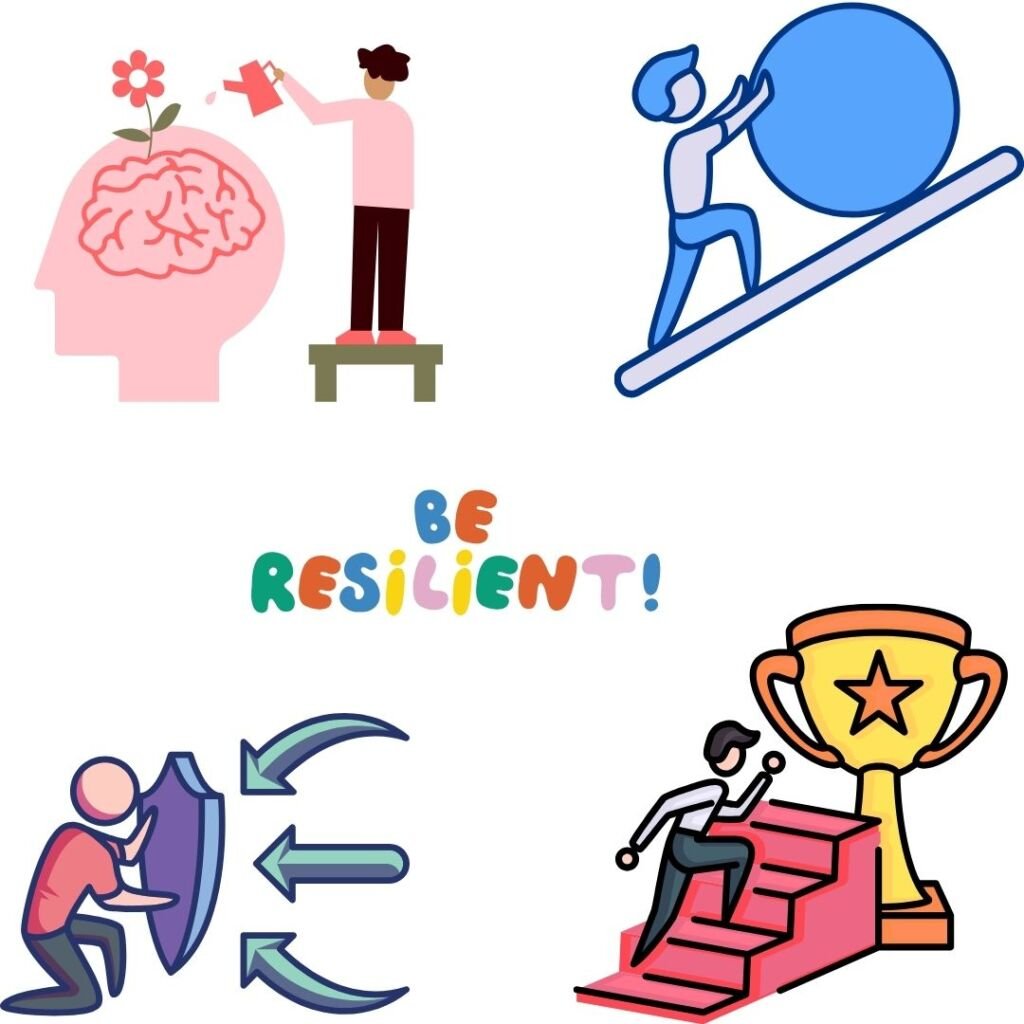
Holistic Well-Being: Enhancing Self-Care and Resilience
A balanced life requires attention to mental, emotional, and physical health. This skill area teaches teens self-care practices and resilience strategies to stay strong and recover from setbacks.
Key Components:
- Self-Care Practices: Teens discover techniques tailored to their interests, such as deep breathing to reduce stress, dancing to amapiano for physical release, or journaling to process emotions.
- Building Resilience: Participants learn to reframe challenges (e.g., “This failure is a lesson”) and lean on support systems like friends or family to regain momentum.
- Healthy Habits: Emphasis is placed on regular sleep and exercise routines that sustain well-being over time.
Goal-Setting Mastery: Achieving Dreams with SMART Goals
Dreams become reality with a clear plan. The SMART framework—Specific, Measurable, Achievable, Relevant, Time-bound—guides teens in setting and pursuing meaningful objectives.
Key Components:
- Specific: Define precise goals (e.g., “Ace my science exam” becomes “Score 80% on my next science test”).
- Measurable: Track progress with tangible markers (e.g., practice test scores).
- Achievable: Set realistic targets based on current abilities.
- Relevant: Align goals with personal priorities (e.g., improving grades for university).
- Time-bound: Establish motivation deadlines (e.g., “by next month”).
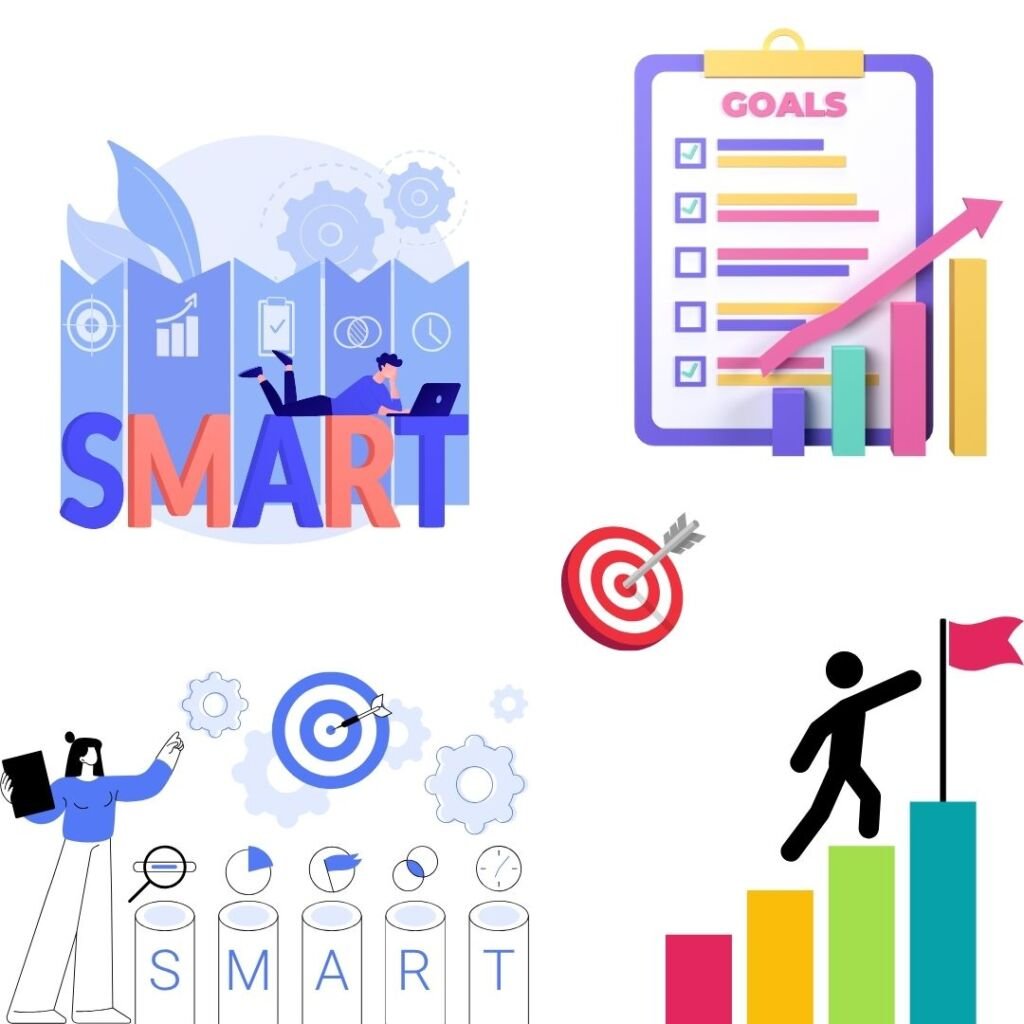
Real life examples and benefits
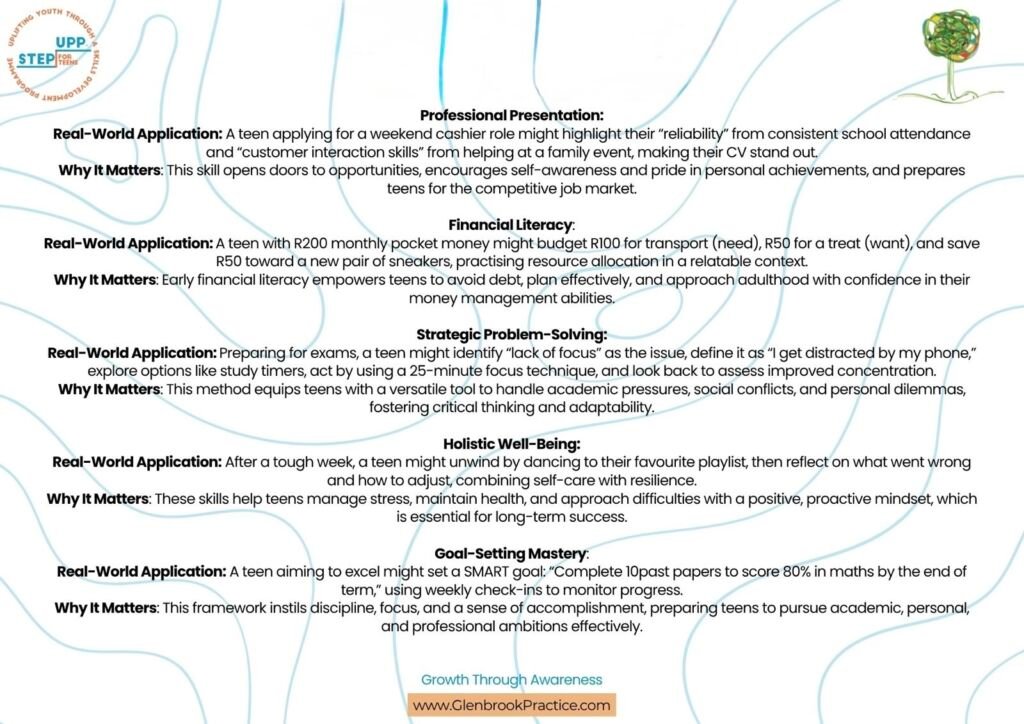
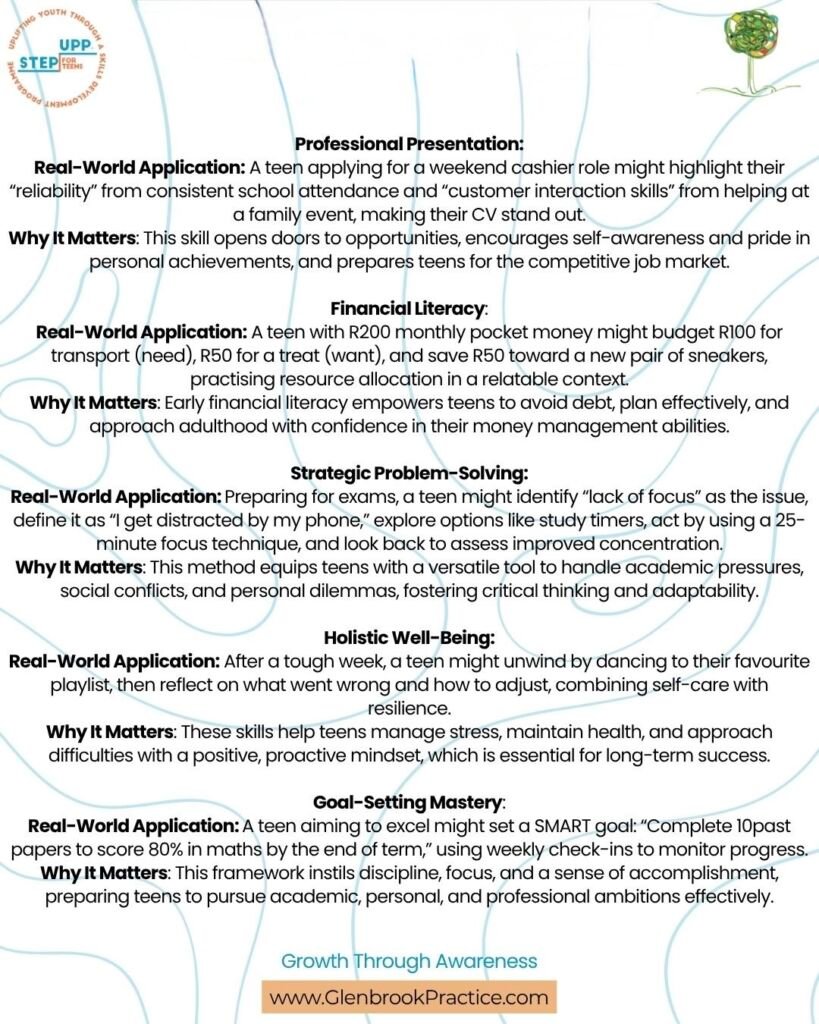
Why It Matters: A Foundation for Lifelong Success
The Life Navigation Skills module is a cornerstone of the Step-upp programme, seamlessly blending practical expertise with emotional resilience.
These skills—crafting a standout CV, managing finances, solving problems, prioritising well-being, and achieving goals—equip teens for immediate milestones like matric and future endeavours like their first job or tertiary education.
By fostering emotional and practical readiness, Step-upp transforms teens into confident, capable individuals poised to excel in the real world.
This holistic approach makes Step-upp a game-changer, offering teens survival skills and the tools to thrive.
